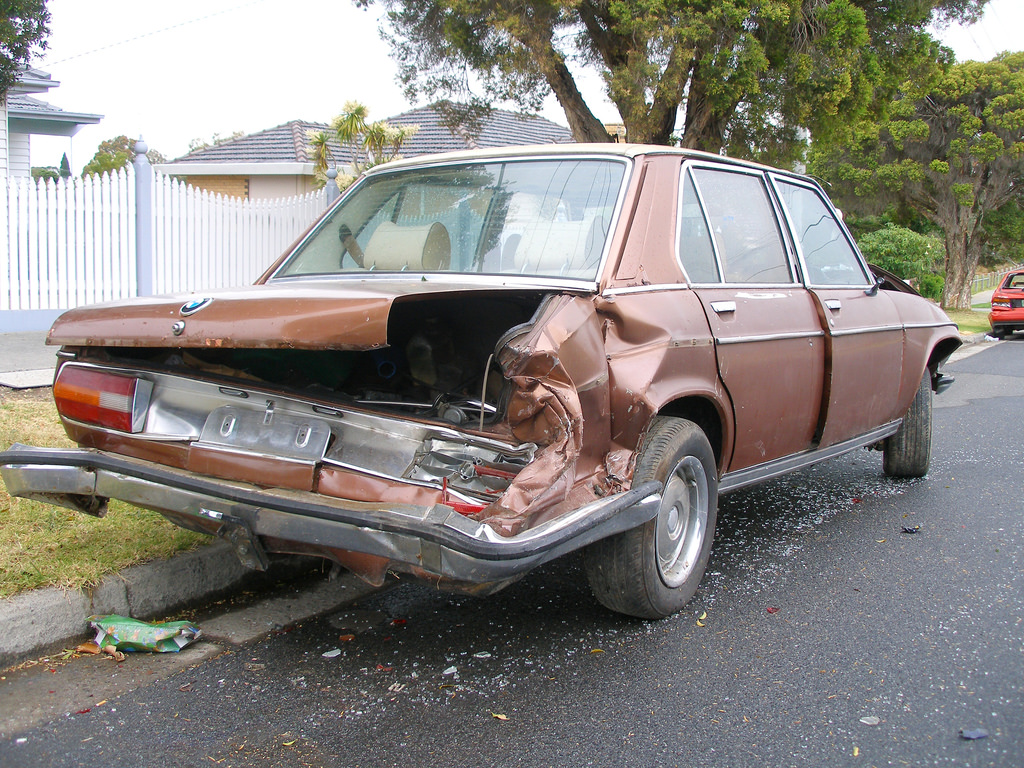Common Hit-and-Run Legal Defenses


Commonly known as hit-and-run, leaving the scene of an accident is a serious offense in California. If convicted of a felony hit-and-run that involves non-serious injury, you could be facing a minimum of 90 days and up to a year in county jail, fines ranging from $1,000 to $10,000, restitution to the victim, and two points on your California driving record. If a victim of the hit-and-run accident was seriously or permanently injured or killed, you could be facing two, three, or four years in state prison. If you have been charged with leaving the scene of an accident, consult with an experienced San Diego hit-and-run defense attorney as soon as possible.
What Are the Defenses Against Hit and Run?
If you are facing hit-and-run charges in San Diego, it is important to understand the legal defenses available. Defenses your lawyer can assert in your case will depend on the surrounding circumstances. Common hit-and-run defenses include the following:
- Lack of knowledge: If you did not know that you were involved in a collision or did not know anyone had been injured, you can raise that as a defense against felony hit-and-run charges.
- Duress or coercion: A possible legal defense against hit-and-run charges is duress or coercion. You may argue that you should not be held liable because your unlawful actions were performed out of an immediate fear of injury.
- Mistaken identity: If you were not driving the vehicle that was involved in the accident, you are not guilty of hit-and-run. A witness could have mistakenly identified you and your car, or your vehicle could have been stolen and driven by another person who left the scene of the accident.
- No damage or injury: If no damage or injury occurred, or if it did occur but you had no knowledge of it, that is a valid defense against hit-and-run charges. In a minor “fender bender” accident, a person could suffer minor injuries and not realize it at the time of the collision. For example, symptoms of whiplash are often delayed.
- Insanity defense: This is a common defense in criminal trials. A driver may admit leaving the scene of an accident but assert lack of culpability based on mental illness. Insanity is an excuse defense as compared to a justification defense.
- Prevented from rendering assistance: A driver involved in a collision with another vehicle is required to stop, exchange information, and render assistance if needed. If you are trapped in your vehicle after a crash or otherwise unable to render assistance to an injured person in the other vehicle, you cannot be held criminally liable for failing to do so.
- Failure to provide information was not willful: Drivers involved in crashes that cause property damage or injuries are required to exchange information, regardless of fault for the accident. If you were incapacitated by your injuries and driven away by another person to get medical attention, you cannot be blamed for failing to provide the required information.
Do You Need an Attorney for Hit-and-Run?
Leaving the scene of an accident carries stiff criminal penalties, particularly when it is charged as a felony. If you are facing hit-and-run charges, your best course of action is to speak with an experienced San Diego criminal defense attorney as soon as possible. Having a skilled legal defense gives you a better chance of obtaining the most favorable outcome in your case.
At jD Law Criminal Defense Attorneys, founding attorney James N. Dicks is certified as a Criminal Law Specialist by the California Board of Legal Specialization. Contact us at (760) 630-2000 for the skilled criminal defense you need against charges of hit-and-run.
Don’t Waste Any Time!
Call us today for a FREE Consultation
(760) 630-2000


- Criminal Law Expert - Led by a Board Certified Criminal Law Specialist. Read More
- 100s of Cases Tried - Since 1990, James Dicks has represented hundreds of clients. Read Bio
- Client Approved - Read our online testimonials from satisfied jD LAW Clients. Yelp Reviews
- May 30, 2024
When Juveniles Are Accused of Violent Crimes - May 20, 2024
What Should You Do During a Traffic Stop? - May 10, 2024
The Legal Concept of ‘Intent’ in Theft Crime …
 RSS
RSS




